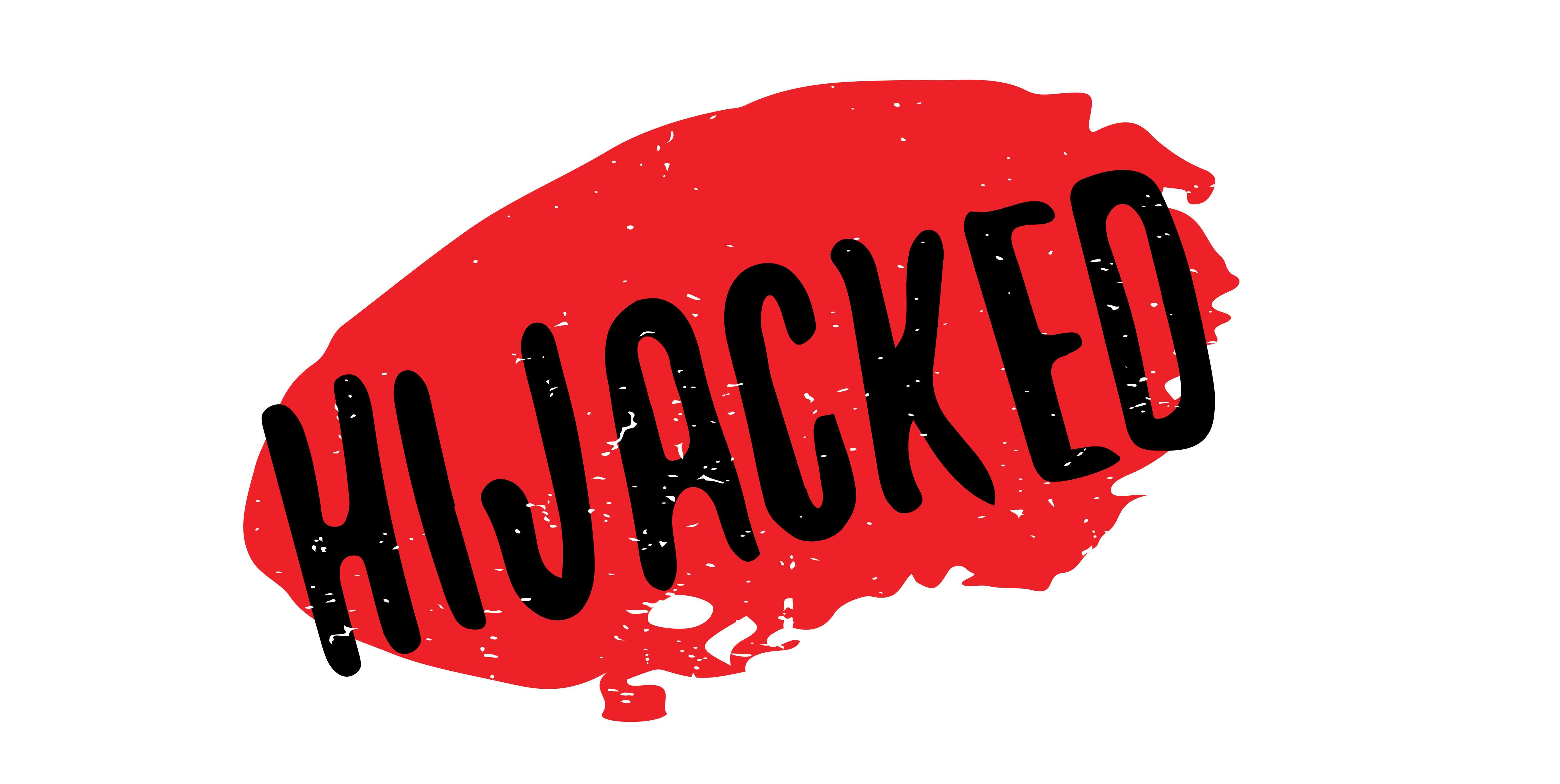Why is Ford really hijacking school boards?
TDSB trustee Deborah Williams was at a graduation ceremony for Central Toronto academy last Friday when she got a beep on her phone. She looked down and found out that the Ministry of Education (MOE) had just taken over the Board. Like other trustees across the province, she wasn’t even accorded a heads-up as the Toronto, Toronto Catholic, Dufferin-Peel Catholic and Ottawa Carleton School Boards were all placed under supervision by Education Minister Paul Calandra. Calandra accuses them of financial mismanagement.
This, coming from a minister of the Ford government for whom mismanagement is a watchword. Think Highway 413, and the Greenbelt scandal and the friends of Ford who either stood to or actually did make lot of money for having the good fortune to own land in the right spots. Think the $200 rebate checks sent out to 15 million taxpayers, a pre-election bribe that cost the province’s treasury about $3 billion at a time when its 2025 budget stares at a $14.6 billion deficit. Think the massive cost overruns of Metrolinx or the $400 million parking lot at Ontario Place. That small sample of Fordian slips illustrates REAL mismanagement.
Blame the victim
 This makes Calandra look all the more disingenuous when, at the news conference announcing the assault on local democracy, he blamed these school boards for years of financial misery brought on by his Ministry. The TDSB just managed to balance its budget under pain of eliminating itinerant music teachers, closing outdoor education centres and hiking fees for continuing education programmes as well as using proceeds from asset sales. Still, investigator Price Waterhouse Coopers (PwC) recommended that TDSB, because of the “probable accumulated deficit for both the 2024-25 and 2025-26 school years” , be taken over by a provincial supervisor. It’s worth noting that PwC explained in its report that the Education Act does not offer a specific definition of “serious financial mismanagement.” It did not find evidence of any actions pointing that way like recklessness, lack of oversight or poor governance.
This makes Calandra look all the more disingenuous when, at the news conference announcing the assault on local democracy, he blamed these school boards for years of financial misery brought on by his Ministry. The TDSB just managed to balance its budget under pain of eliminating itinerant music teachers, closing outdoor education centres and hiking fees for continuing education programmes as well as using proceeds from asset sales. Still, investigator Price Waterhouse Coopers (PwC) recommended that TDSB, because of the “probable accumulated deficit for both the 2024-25 and 2025-26 school years” , be taken over by a provincial supervisor. It’s worth noting that PwC explained in its report that the Education Act does not offer a specific definition of “serious financial mismanagement.” It did not find evidence of any actions pointing that way like recklessness, lack of oversight or poor governance.
This applies to the investigators’ reports on all of the boards taken over by MOE. Over and over, they note attempts to find savings, difficulties meeting unfunded statutory obligations while maintaining underused schools and coping with inflation.
The Toronto Catholic Board balanced its budget with $78 million in cash against a $72.5 million deficit and was planning to use proceeds from real estate sales to reduce its long term deficit. Deloitte LLP, the investigator of the board’s finances noted: ”In our review, nothing has come to our attention that we would identify as serious financial mismanagement at TCDSB.” It did not recommend that the board be brought under supervision.
The Dufferin-Peel Catholic DSB is in a lot more difficulty, according to investigator Paul Cleaver, who noted that it was keeping afloat by increasing its line of credit, selling property and trying to defer $27 million in payments due at the end of August. Though he didn’t identify serious financial mismanagement, he noted that the board would likely default on its obligations and recommended that the MOE take control of the Board. The Ottawa-Carleton DSB cut $18.1 million from its $1.3 billion budget including 21 teaching staff, and 31 kindergarten early childhood educators. Similar to the TDSB, investigator PwC found that accumulated deficits over the last two and probably the next school year, warranted a takeover under subsection 257.30 (6) of the Education Act, the same provision used with the other 3 school boards.
Command and control
Calandra’s approach to the management of this radical takeover – at the end of the school year when school communities disperse- was to shut everything down as tightly as possible and refer all questions to the MOE communications office which assuredly would be unlikely to respond.
Trustees didn’t know whether their tiny honoraria would stop as it did when the Thames Valley DSB was taken over. They hadn’t had access to the reports that lead to them losing their positions and didn’t know if they’d ever meet their board’s supervisor. They didn’t know where to direct parents who might need help. They didn’t know about the specific powers of the supervisors or how long they would be in place.
As far as that last question goes, the supervisor has more power than trustees. He- they’re all men – doesn’t even have to rally votes, just the Minister’s approval to take charge of matters like hiring and firing a board’s officers and employees, controlling its revenues and expenditures, retirement funds, borrowing money, collecting fees and, most interestingly, the sale and disposition of the board’s assets.1
Trustees at the TDSB have since learned from Board staff that they may not use their board email accounts or offices, meet with their constituents or parent councils, talk with board staff or take part in any board activities as trustees. Usurped trustee Alexis Dawson asked me to refer to her as a community member who was publicly elected to serve as a Ward 9 trustee for the Board – lest her role is lost to public memory. Trustees’ piddling honorarium of about $25 000 p.a. has been stopped. They haven’t been fired; they just aren’t being paid by a government that purports to seek order in the chaos of school board finances. It is mind boggling.
 No surprise here. Calandra and the Tories are once again polishing their jackboots as they did back in 2018 when they summarily cut Toronto city council from 47 to 25 seats in the middle of a municipal election. None of Calandra’s moves here are just about finances; he could easily have limited powers of supervisors to financial matters. What he’s really doing is trying to intimidate elected officials by sending a message of command and control.
No surprise here. Calandra and the Tories are once again polishing their jackboots as they did back in 2018 when they summarily cut Toronto city council from 47 to 25 seats in the middle of a municipal election. None of Calandra’s moves here are just about finances; he could easily have limited powers of supervisors to financial matters. What he’s really doing is trying to intimidate elected officials by sending a message of command and control.
Questions abound
What are these hijacks really about? Here are some possibilities.
Calandra knows perfectly well that all of these boards pay out expenses that MOE won’t fund: increases in non-optional expenses like Canada Pension Plan(CPP) and Employment Insurance (EI), huge outlays for special education, underfunded supply teacher costs, different mandated salaries for teachers and under-enrolled schools that cost more to keep open. At the TDSB, as I wrote in May, if the province just paid up what it owed, the board wouldn’t have a deficit this year. Maybe Calandra figures that by putting the onus on four large urban boards, the finger of underfunding won’t be pointed at him, particularly as 40 percent of Ontario school boards are running deficits. But that strategy will backfire as the real story of underfunding unravels. He needs the boards there to take the flack; now it’s going to be fired at him.
If not just to find savings, what else is motivating the Tories? Alexis Dawson and others I spoke with think this might be a land grab by the province now having the power to dispose of boards’ assets. The TDSB is the second largest landowner in Toronto. Chris Chandler, Executive Officer with Ontario Secondary School Teachers Federation (OSSTF) thinks this might be a motivation as well; properties in cities will always be in demand and Tories have strong ties to their friends in the land-hungry development industry.2 They have already made it clear through Bill 98 in 20233 that the Minister has the power to direct a board to sell or lease land it might not need for future needs- even perhaps to a private developer. Taking over school boards and removing trustees from the equation makes this process easier and less open to scrutiny.
What about a general provincial take-over of school boards? Is this a test case? Paul Calandra spoke quite a bit about governance at his press conference last week and in a subsequent interview with CP24, saying there needs to be a “broader rethink of the governance structure of boards. This (board takeovers) is an important first step.” He said that trustees need to refocus on their mandate, that trustees argue too much, that boards have bloated bureaucracies, too much leeway in finances and complained about “where funding goes that is not meant to be spent…” Bizarrely, coming from a member of the party of Mike Harris that amalgamated school boards across the province in 1997, he said that MOE had decentralized decision-making over the last 40- 50 years and that it was time for it to come home to Ministry responsibility. With 72 different systems of education across the province, he said there are too many different curricula from board to board.
 This suggests a lot. This government with a back to basics mantra of “3Rs and get a job” has made it clear that it doesn’t want teachers to be teaching about topics the Tories don’t like. From Doug Ford’s baseless rant about indoctrinating kids attending the Grassy Narrows River Run, supporting a ban on a documentary about the West Bank, to cancelling the Indigenous curriculum rewrite back in 2018 Tories want tight control over what’s taught in Ontario schools even though it’s MOE that provides their curriculum. Whether it takes over all boards or uses Bill 33 to make it easier to take over boards MOE wants to discipline, the message here is about arbitrary control over local democracy, not about better schools and more resources for teachers.
This suggests a lot. This government with a back to basics mantra of “3Rs and get a job” has made it clear that it doesn’t want teachers to be teaching about topics the Tories don’t like. From Doug Ford’s baseless rant about indoctrinating kids attending the Grassy Narrows River Run, supporting a ban on a documentary about the West Bank, to cancelling the Indigenous curriculum rewrite back in 2018 Tories want tight control over what’s taught in Ontario schools even though it’s MOE that provides their curriculum. Whether it takes over all boards or uses Bill 33 to make it easier to take over boards MOE wants to discipline, the message here is about arbitrary control over local democracy, not about better schools and more resources for teachers.
What’s left after Tory mismanagement
The trustees who spoke with me are remarkable for their ability to maintain their community perspectives and concerns in the face of an authoritarian rout of their jobs.
Trustee Markus de Domenico is chair of the Toronto Catholic DSB and knows the board spends well beyond what the province provides for special education. But if it doesn’t do that, the board is failing not only the kids who lose support, but the classrooms they sit in. He and Ward 5 trustee Maria Rizzo wonder what is going to happen with regard to their responsibility to manage denominational rights that Catholic boards retain under the Charter of Rights and Freedoms.
Alexis Dawson worries about what the supervisor will do with the TDSB commitment to human rights along with truth and reconciliation with Indigenous peoples. She stresses “the importance of equity initiatives in addressing students in an urban area:” kids of different backgrounds and lower incomes coming from underserved parts of the city. Deborah Williams considers her work as a community advocate. She fears what will happen to the work she and the community have done to keep Heydon Park SS open despite the TDSB plan to close it due to low enrolment. It’s a small school focused on young women, transgender, non-binary and special needs students. What will happen to the wonderful Beverley School, long a sanctuary for the highest-needs kids in the city?
TDSB Ward 4 trustee Matias de Dovitiis, like others trying to reach his constituents, sent out a newsletter under his unofficial stamp. He said: “They can’t tell me what to think and what to say. The more they try, the harder I’ll push back.”
There really couldn’t be a better time than now to push back against a government led by Doug Ford who told an audience last winter that he was “one hundred percent happy” that the authoritarian door-prize winner, Donald Trump won the U.S election.


